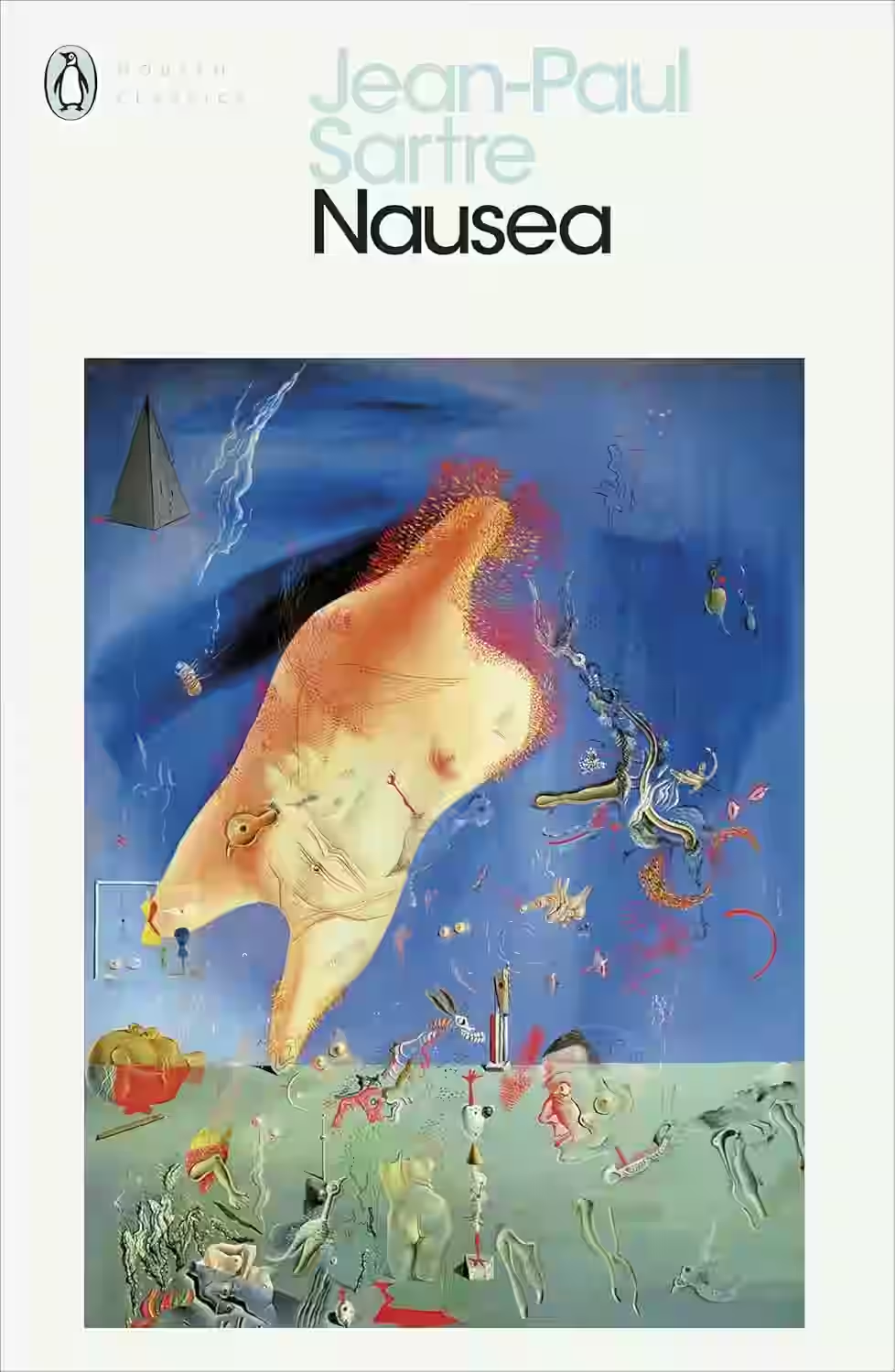French Literature
French Literature encompasses works that explore profound philosophical ideas, existential themes, and emphasize character depth, often set against rich historical backdrops. It highlights cultural and intellectual contributions, featuring styles ranging from romanticism to modernism, with a focus on nuanced storytelling.

Nausea
Jean-Paul Sartre's 'Nausea' is a seminal existential novel that delves into the themes of existential angst and the search for meaning in an indifferent universe. Through the introspective diary entries of Antoine Roquentin, a solitary historian residing in the fictional town of Bouville, the novel explores the overwhelming sensation of 'nausea'—a profound discomfort and disorientation felt as he confronts the absurdity of existence. Sartre's nuanced philosophical insights underscore the fluid and often despairing nature of human consciousness, making the narrative a cornerstone of existential literature. 'Nausea' invites readers to ponder deeply their own existence and the essence of freedom, responsibility, and self-definition in a world devoid of inherent meaning.